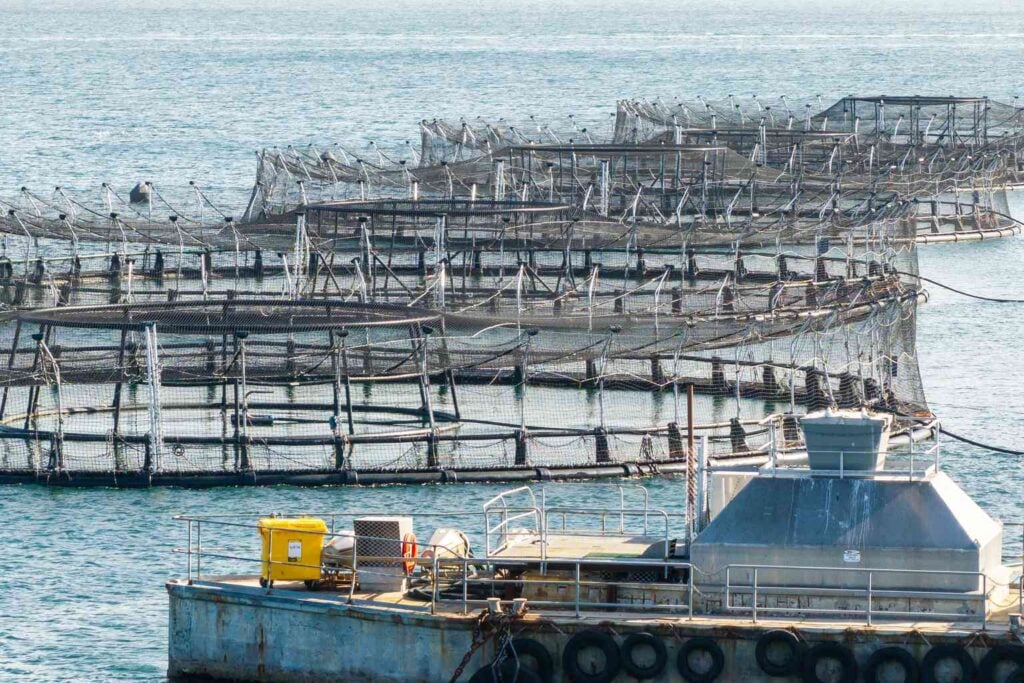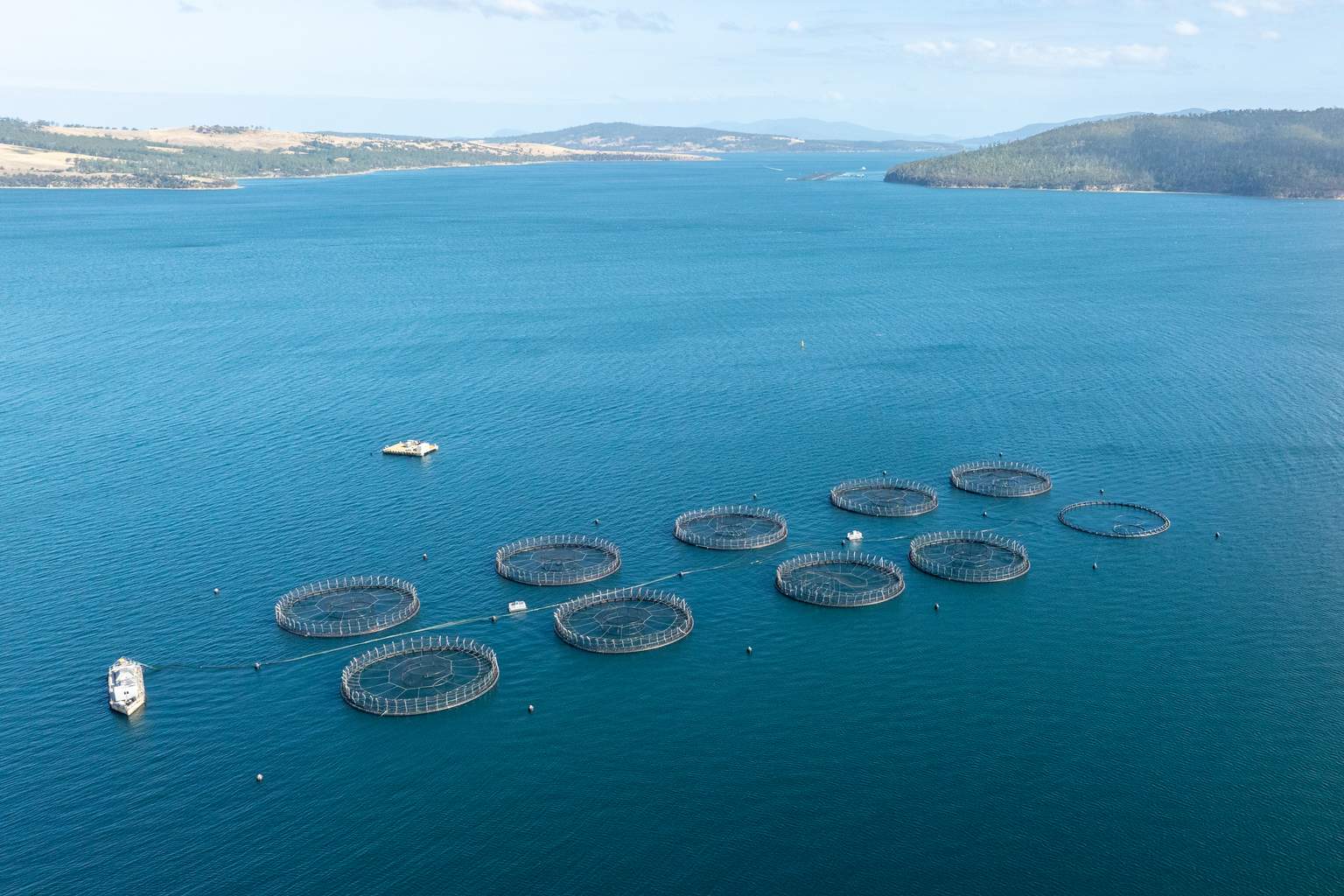A disease is impacting salmon farms in southern Tasmania, with the industry stressing there is no mass mortality event occurring and the government assuring the situation is under control.
Speaking outside Parliament House on Friday, newly appointed Primary Industries Minister Gavin Pearce said his department was working to avoid a repeat of last summer’s mass fish deaths.
“What we’re dealing with is an early season that will increase the possibility of this Piscirickettsia salmonis from getting to epidemic levels,” he said.
The Department of Natural Resources and Environment (NRE) is now fast-tracking approval for florfenicol, a new antibiotic never used in Australian marine waters, to potentially treat the disease in place of the current oxytetracycline treatment.

Secretary Jason Jacobi said Piscirickettsia salmonis is endemic to local waters, had persisted through winter and is “here to stay”.
He described the use of florfenicol globally as a “very promising and opportunistic way” to control the bacterium.

“[Piscirickettsia salmonis] poses real challenges for the industry like any virus or bacteria in any other agricultural sector,” he said.
“We want to make sure that we have the right tools in place to ensure that industry can manage Piscirickettsia salmonis into the future and that they remain viable and sustainable long term.”
Crossbench MPs who attended a briefing this morning said the outbreak was centred near Roaring Beach in the D’Entrecasteaux Channel, near Dover – the same area where ‘fish chunks’ washed ashore last summer.
Greens leader Rosalie Woodruff and independent Peter George said Premier Jeremy Rockliff told them about the outbreak on Thursday night and described it as a ‘very serious event’.
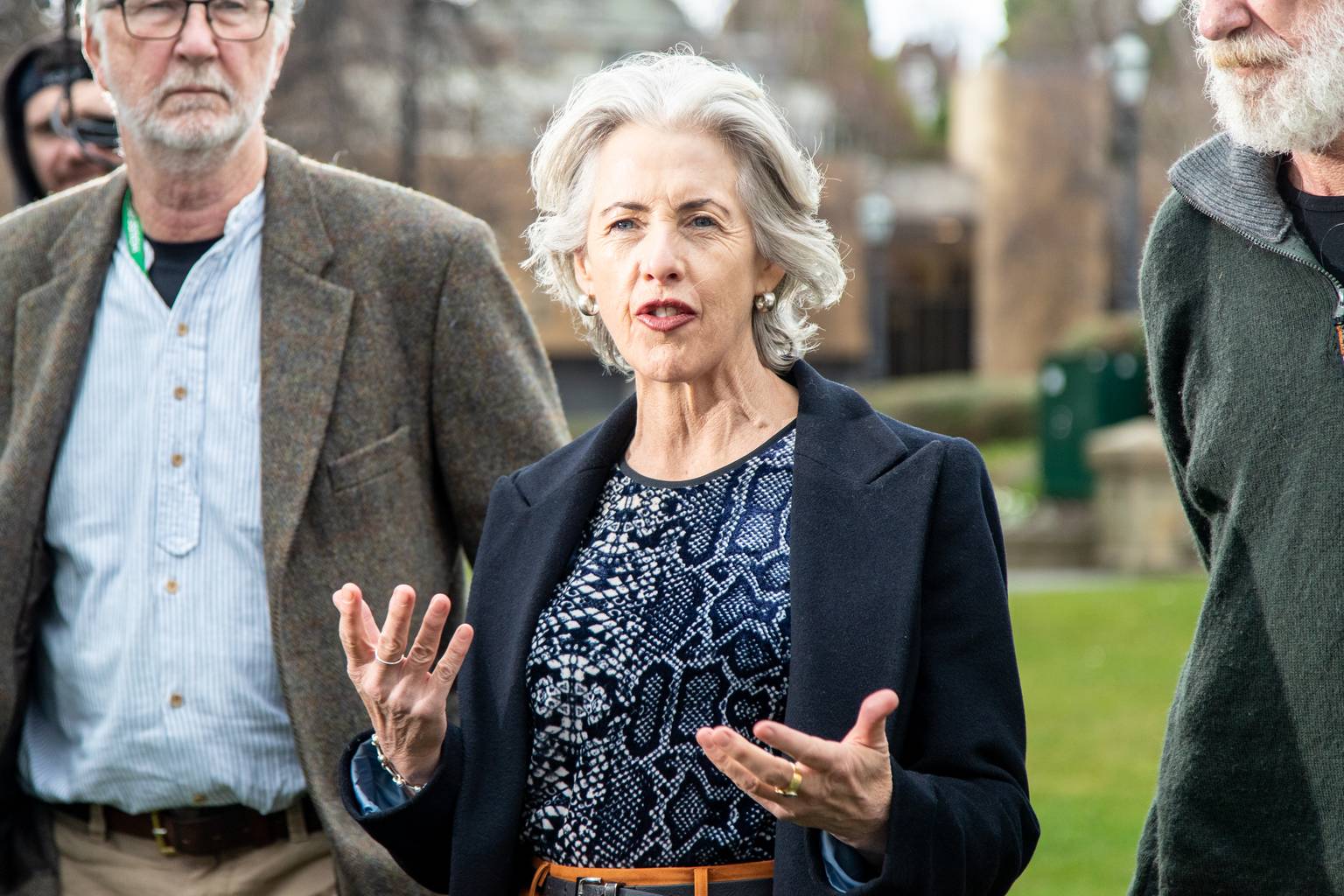
“In the middle of the winter, while there’s snow on the mountain, there is disease outbreaks happening in salmon pens,” Woodruff said.
“It’s a terrible sign of the summer to come. It’s an indication that this is the new normal of fish farming in Tasmania.”
But she said there appears to be a disconnect between government, departments and industry over the scale of the problem, claiming advice to her suggested up to 60% of fish in some pens could be diseased.
“What is very clear is that Tasmanian government officials and staff are not able to get the information that is required from the salmon companies because the salmon companies refuse to give it and the regulations at the moment don’t require them to hand over,” she said.
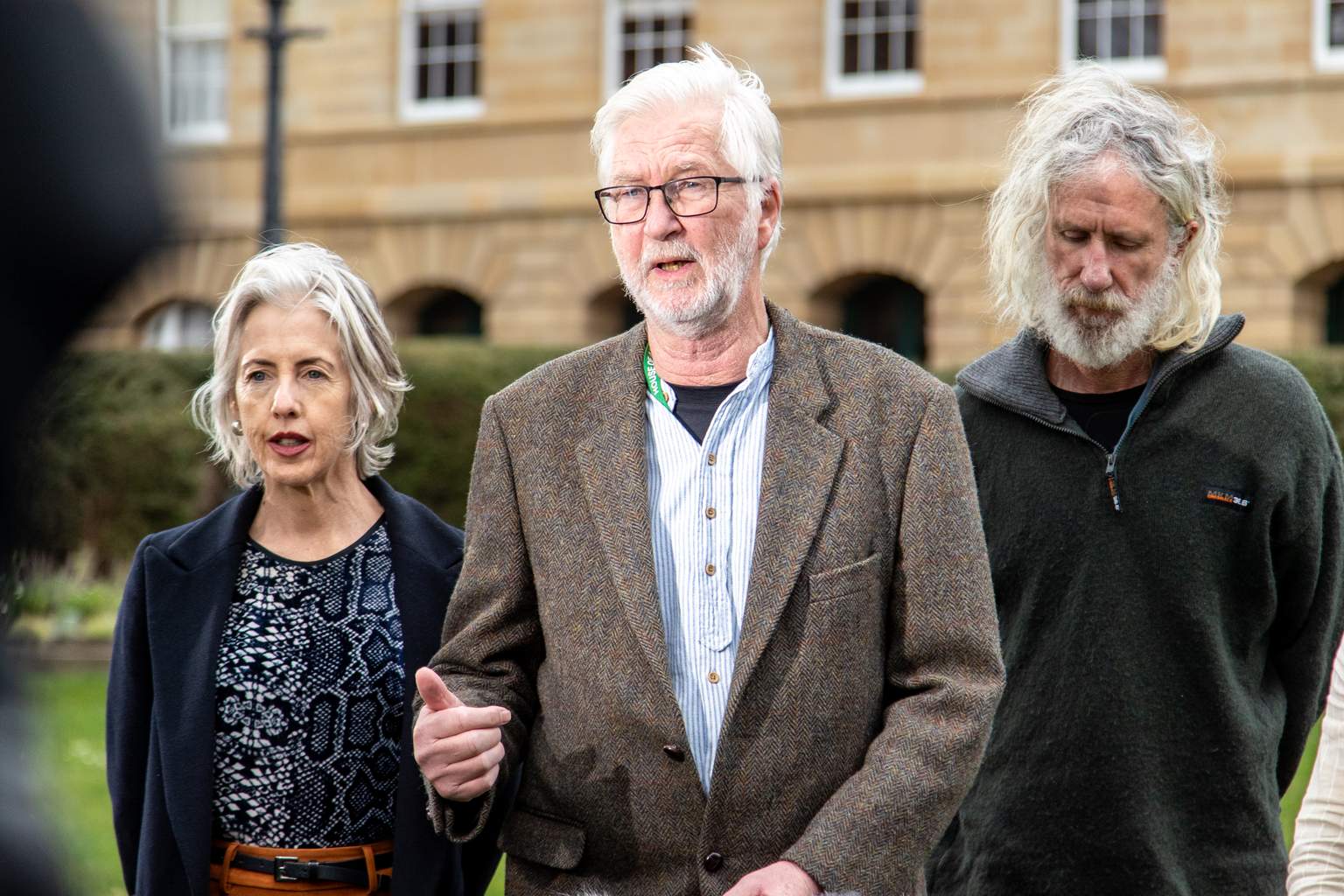
George said the number of affected pens and infected fish was not provided to them.
“The salmon industry spokesperson today was very, very cautious and skirted all of our questions and that is completely unacceptable,” he said.
“The government needs regulation that absolutely mandates release of current information so that we know exactly what’s happening in our public waterways.”
Minister Pearce said the state government would “compel companies” to provide up-to-date details on “any level of disease present in salmon across the state”.
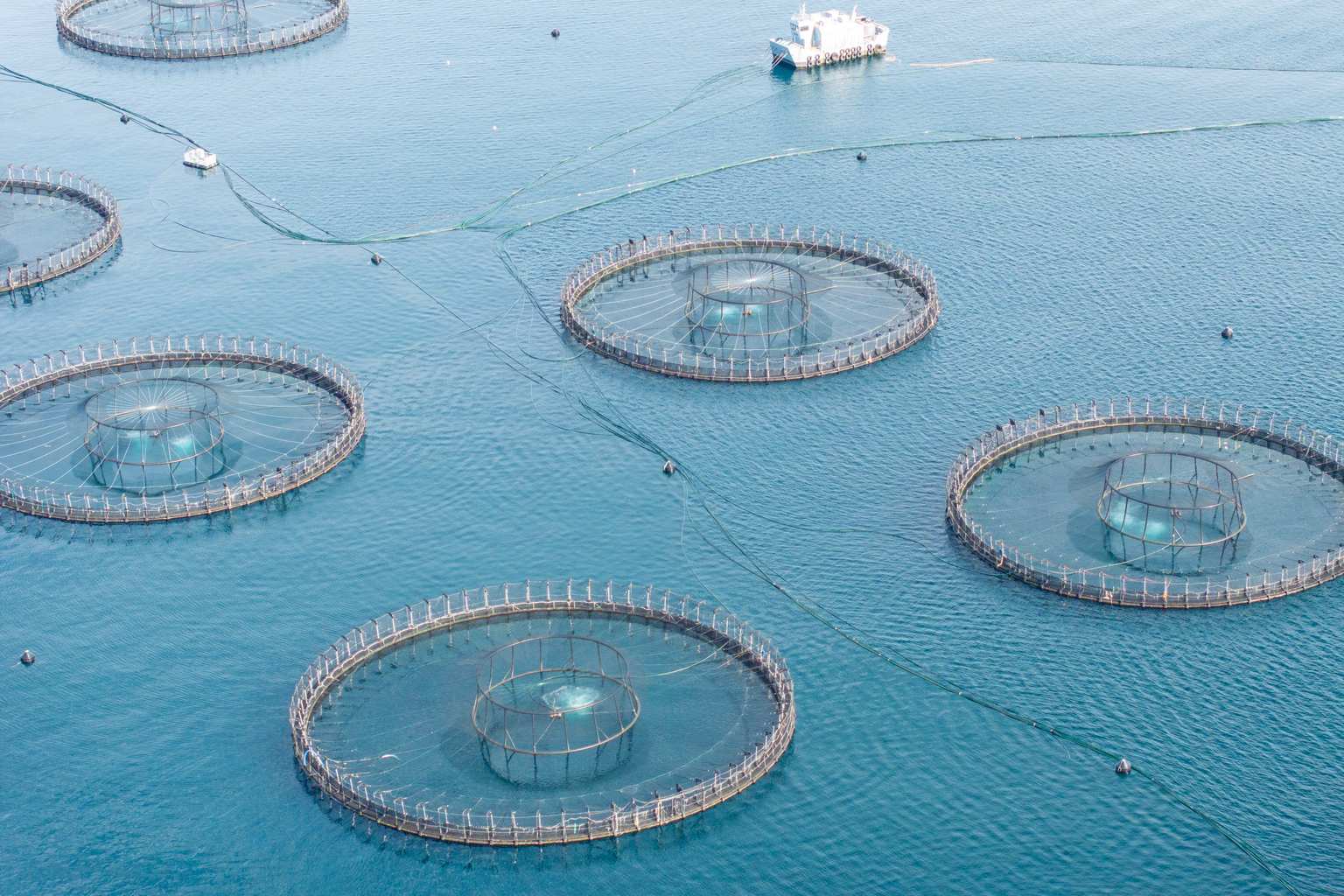
Salmon Tasmania acknowledged the presence of Piscirickettsia salmonis in coastal waters and said the industry’s response had been “stepped up” since last summer’s mortality event.
“There is no single solution to managing Piscirickettsia salmonis. This means our farmers and veterinarians need to continue actively managing the bacterium as part of normal farming operations,” a spokesperson said.
“New actions include improved vaccines, stronger biosecurity, feed adjustments, on-farm innovations and new treatment options.”
The spokesperson stressed there was currently “no mass mortality event occurring”.
“The industry remains committed to fish welfare, environmental protection and the ongoing support of the communities it operates in,” they said.

